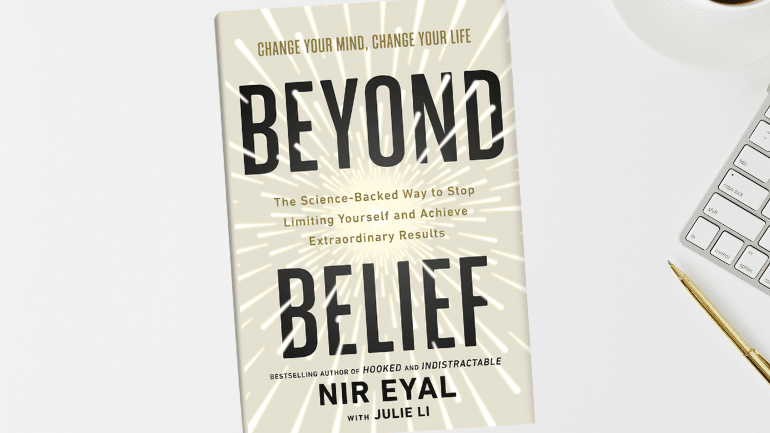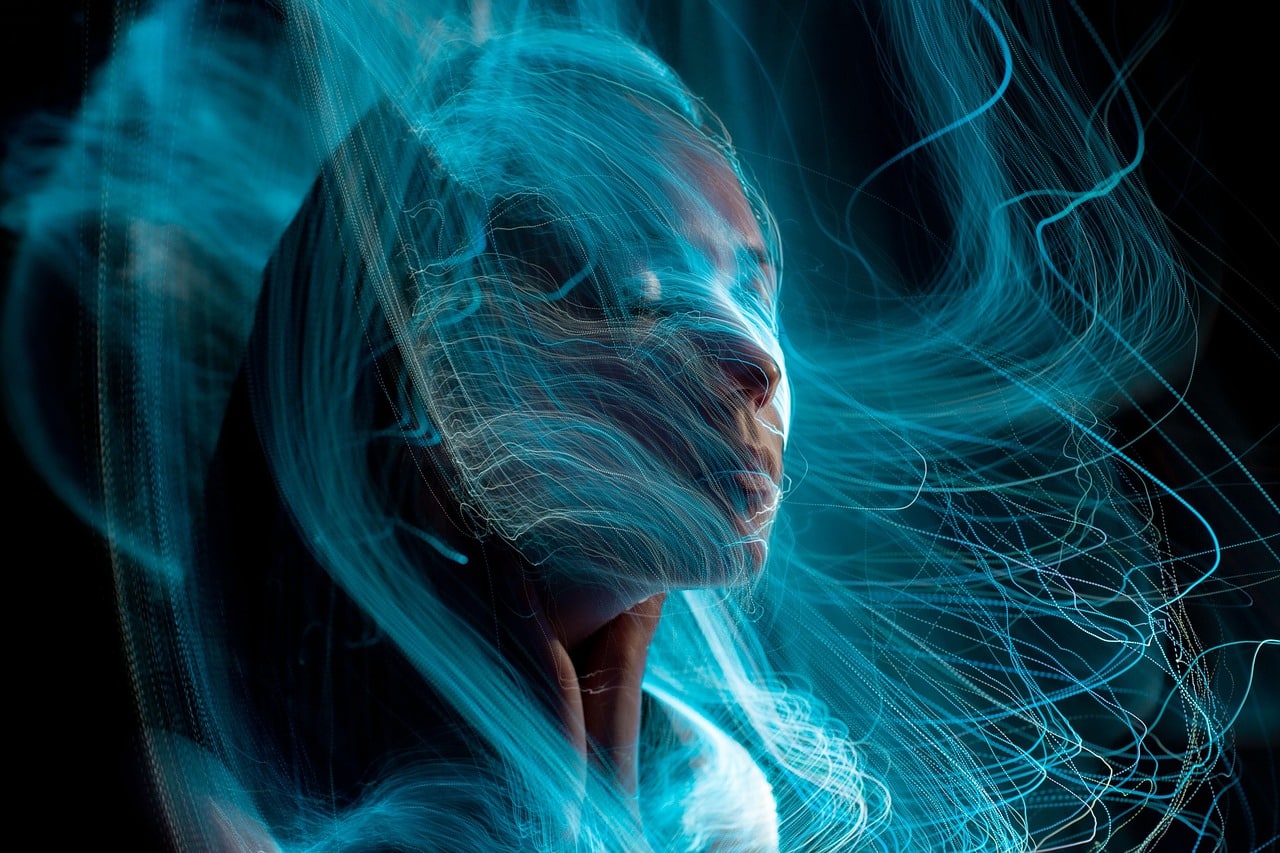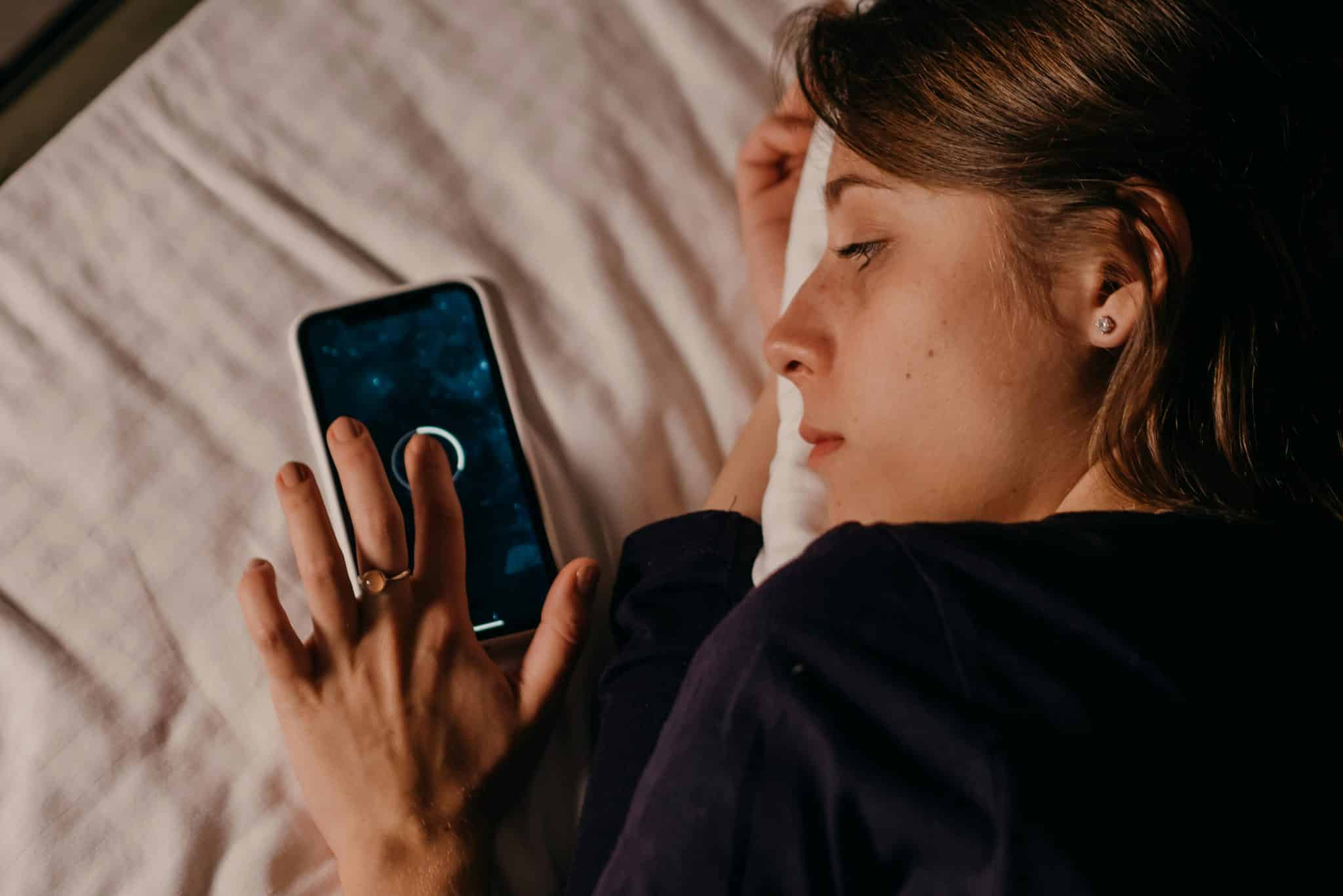Caveday Founder Jeremy Redleaf on The Advantages of Coworking

The founder of the “world’s most focused community” reveals why coworking is essential to the new hybrid workplace
What do you get when you put three successful creative entrepreneurs together? The answer is Caveday – the world’s most focused community!
Founded by an Emmy Award-winning filmmaker, a creative director, and an events producer, Caveday is a company dedicated to improving our relationship with work through events, products, and services that focus on “deep work,” disconnecting from your devices, and co-working accountability.
Longtime readers might remember when we spoke with Jeremy back in 2018. Since then, the world of work has changed in ways we could never have imagined, so we figured it was the perfect time to catch up with this deep work pioneer! Specifically, we wanted to know more about how coworking can help us thrive in the new normal of hybrid workplaces, where the remote-working days risk becoming long and lonely.

What inspired you to start Caveday?
I’m a filmmaker by trade and a few years ago, I couldn’t find enough time to write. I didn’t know I had to protect my time, and I couldn’t write for long enough on my own.
I was sitting in my therapist’s office and I blurted out “I need to take a Caveday!” And he said, “What’s a Caveday?”
I made up some rules and went off the grid for a day. It was life-changing, but really depleting. I approached two collaborators, Jake Kahana and Molly Sonsteng about turning it into a social experience.
We ingested a bunch of research and started testing our method in NYC with friends. Turns out that was energizing! It took off like wildfire. We began doing them online shortly after that. Now we run about 15 hours of Caves on Zoom every day for a community in 30 countries.
Remote work can give you the flexibility to have a little more control over your life, your time, and your focus. But if you’re not careful, it can be really lonely and distracting.
What are the main advantages of coworking – and what benefits are specific to remote work in particular?
We’re social beings and we crave connection. We’ve chosen to work near each other for thousands of years. The term coworking means different things to different people, but always at its core is the idea that: “I am better and/or happier working in the presence of other like-minded people.”
Remote work can give you the flexibility to have a little more control over your life, your time, and your focus. But if you’re not careful, it can be really lonely and distracting.
The pandemic has changed the way we work irreversibly. How different does Caveday look now, compared with your original vision for the business?
We started this as an in-person business, but we had been exploring how to find focus at home for a few years before the pandemic hit. We were in the position to scale up to support a lot of people around the globe. We’ve grown over 1000x this year!
Finding flow with others IRL is a magical experience. We always thought there could be a day where we could be like “The Peloton of Work” where we’d have Caves going on all day, every day. We never expected we’d get there this quickly!
What could a Caveday rookie expect to gain from their first focus session?
You’ll find out pretty quickly how good you are at monotasking! Through check-ins, facilitation, breakouts, and polls, we help you work with full focus on one task at a time.
Members report they get an average of 2.5x done in The Cave over what they would’ve done alone!
You’ll likely find out that you’re not alone in the struggle to focus and that there is a community committed to supporting each other in that pursuit.
When and where are you most and least productive, and how does this shape your daily working routine?
We’ve learned from Daniel Pink’s research in When, that we all have an energy cycle throughout the day. Two-thirds of people experience it in the form of a late morning peak, a trough after digesting lunch, and recovery in the early evening.
A study by Priconomics of a million workers also found that the most productive work gets done around 11 am. I am in this group, so I try to protect my mornings for deep, creative work.
Studies have found that for many people, their most productive work gets done around 11am. I am in this group, so I try to protect my mornings for deep, creative work.
How do you prioritize what tasks, activities, or people get your time each day?
As we say at Caveday, Do the important thing first. If possible, before you even check your communications platforms and start playing defense.
Every week, I identify the Urgent (has a deadline), Important (No deadline, aligned with long-term values), and Open Loops (Things hanging from last week.) I try to accomplish the important things first, then move to the urgent, followed by the open loops.
What do you consider the essential components of a good workspace and environment?
It should be a separate space that’s just for your work. This is all the more important if you’re working from home. Ideally, it’s clean and minimal, has a window viewing nature, and has some props nearby that you can use for rituals.
A growing body of research points to rituals being one of our most powerful tools to change states. This is a personal exploration, it has to work and be meaningful for you. For me, it’s a candle and one of our Cave indicators that I use to make it clear to myself when I’m doing deep work.

What are some of the rules and boundaries specifically regarding technology that you set for yourself?
I’m a recovering technology addict and I certainly relapse from time to time! When I’m working, my phone has to be out of sight and all notifications turned off. Email is a huge draw for me, so I only allow myself to check it 3-4 times a day. And this seems like the place to admit that I’m a big Freedom user!
It all starts with changing your approach. You need to start believing that your time is worth protecting.
What would you recommend as a first step for someone who wants to be creative and productive?
It all starts with changing your approach. You need to find a way to block out the time, but you also need to start believing that your time is worth protecting.
If you’re afraid of letting people down by going “Into the Cave,” you can start to have meta conversations with others about how to reach you in an emergency. We don’t have to live in a world of shallow work where we keep refreshing our communications tools all day long.
What habits outside of your work routine do you consider essential to doing your best work?
Sleep is crucial! A recent study found that while caffeine can help you stay alert, there are real costs to cognitive performance on harder tasks.
Smart snacking can be really helpful: snacks of around 200 calories with a low glycemic index help us maintain our energy throughout the day.
Exercise, time in nature, therapy, and meditation are also part of my practice.
What advice would you give to someone who is struggling with focus and concentration while working from home?
The struggle is real! Human beings are the only species who can override their animal impulses to do something else. But it’s always an override.
Anyone you admire has to consciously put things out of their mind while they focus. For most people, it’s just easier to focus with other people. Grab a friend or come to a Cave!

Conversely, do you have any tips for those of us returning to the office, who may be missing the freedom and flexibility of remote work?
Hopefully, you’ll feel an enhanced sense of belonging, excitement, and accountability! I’m confident that we’re going to see more flexibility in the office, even for those returning to work.
If you find it’s just not for you anymore, there will be plenty of companies out there who continue to make remote work an option!
What upcoming projects for Caveday are you most excited about?
We’re developing some new transformational workshops as well as a new tech product that will help people focus wherever they are in the world.
What would you say to those who are skeptical of the remote work revolution?
It’s not for everyone! Many people realized just how much accountability and connection they got from being in the office. We have these deep needs, and if you’re working from home, you have to be your own manager.
But remote work can really help people take back control of their time, be closer to family, build a nest egg, and has been shown to help create a more diverse workforce. These are all compelling reasons to continue exploring how it fits in!
What does the future of work look like for you?
Companies in competitive industries that want to retain mid-level talent will have to accept that some workers will be remote. The “Hybrid Work” model will be here for a while and we’ll get better and better at working asynchronously.
Technology will eventually advance and remove some of the pain points around virtual connection. One day, we’ll all be working on the beach with the computer installed in our brains!

Learn more about Jeremy and his work on his website, or follow him on Twitter and Instagram.



